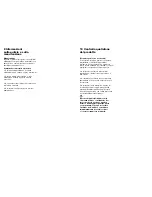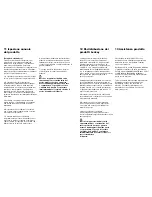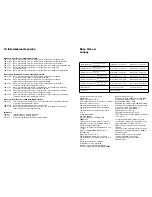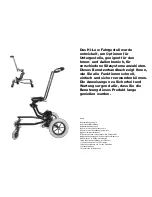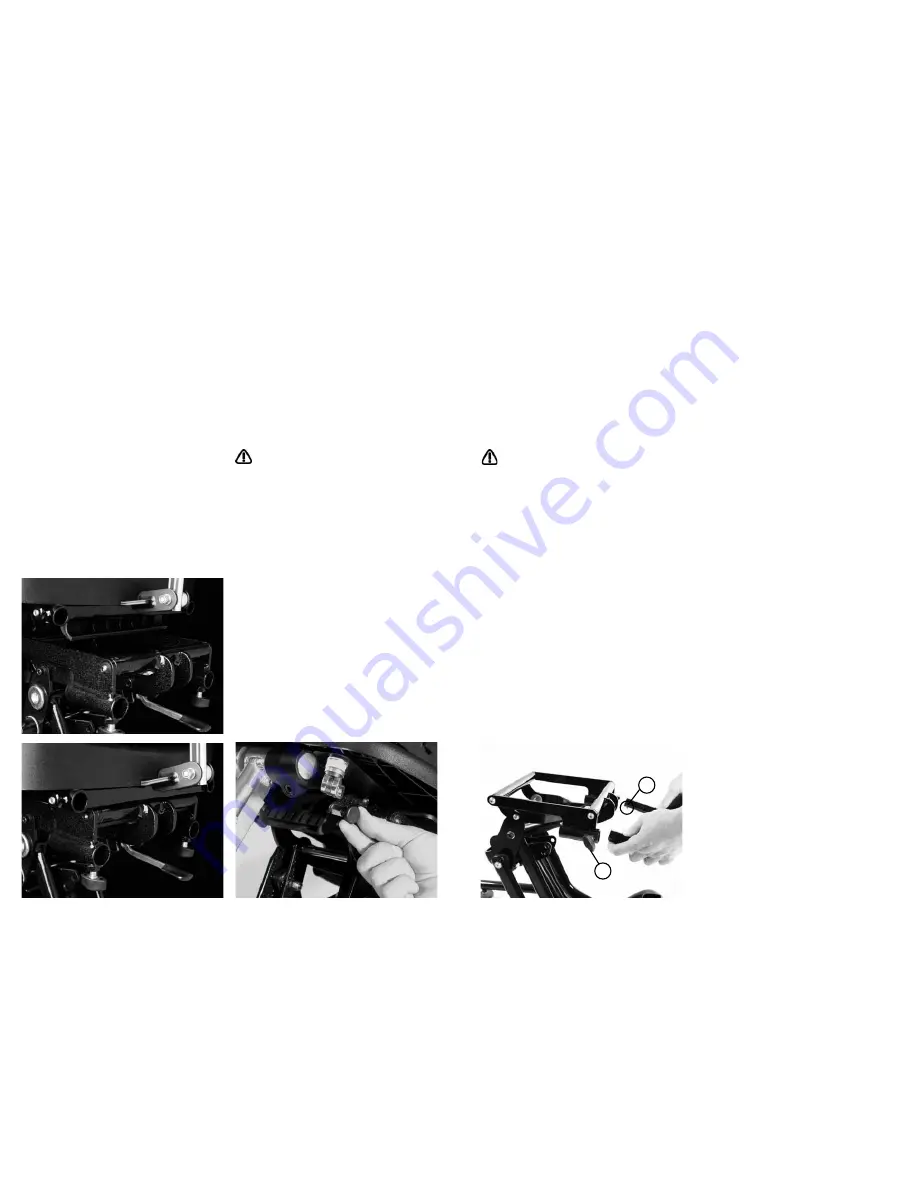
Pull the handle at the front of the seat unit up
and then pivot the seat forward and down.
Once the front of the seat is lowered fully,
release the handle and push it forward to
ensure it has fully engaged on the front tube.
Rotate the safety locking pin so it engages in
front of the handle. If it hits the handle then
the seat is not inserted properly. Remove
and repeat process outlined above.
Always check the handle and locking
pin are fully engaged before you place
the child in the seating system. If the
handle is not engaged properly the seat
unit can come loose and could cause
serious injury to the child or carer.
7.2 Attaching the
push handle
The push handle is attached to the Hi-low
chassis by inserting the two lower stems
into the receiving tubes as shown. The push
handle has safety poppers (A), which need to
be pressed in when inserting the lower stems.
Push the stems in until the poppers protrude
from the other end of the receiving tubes.
Secure the handle in place by tightening the
locking knobs (B).
Check these regularly to make sure the
knobs are tight, particularly if you are
moving the product unit along corridors
that may have uneven or sloping
surfaces, or outdoors.
Adjust the height of the chassis to its
maximum to reduce risk of back strain while
attaching the seat unit. Refer to Section 8
on how to adjust the height of the chassis
you have purchased. (Please note that
the photos and text relate to interfaces
for Leckey seats. For all other seating
systems please refer to the manufacturer’s
instructions.)
First release the safety locking pin at the
front of the seat. To do this pull the pin out
and rotate through 90 degrees. Carefully lift
the seat and place it into the chassis. At the
rear of the underside of the seat you will see
a receiving channel. Place this securely over
the tube towards the back of the chassis.
7.1 Attaching the seating
system to the Hi-low chassis
B
A

















